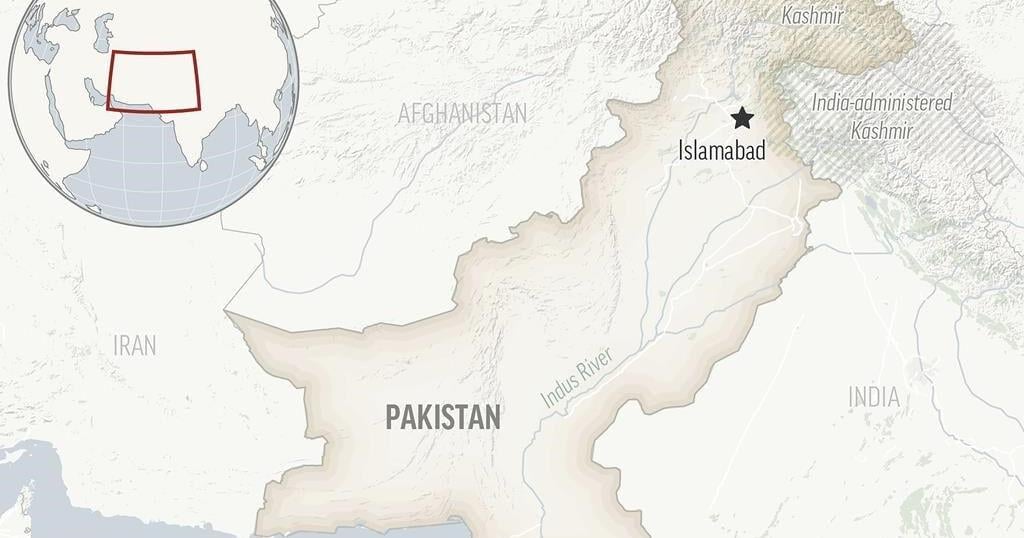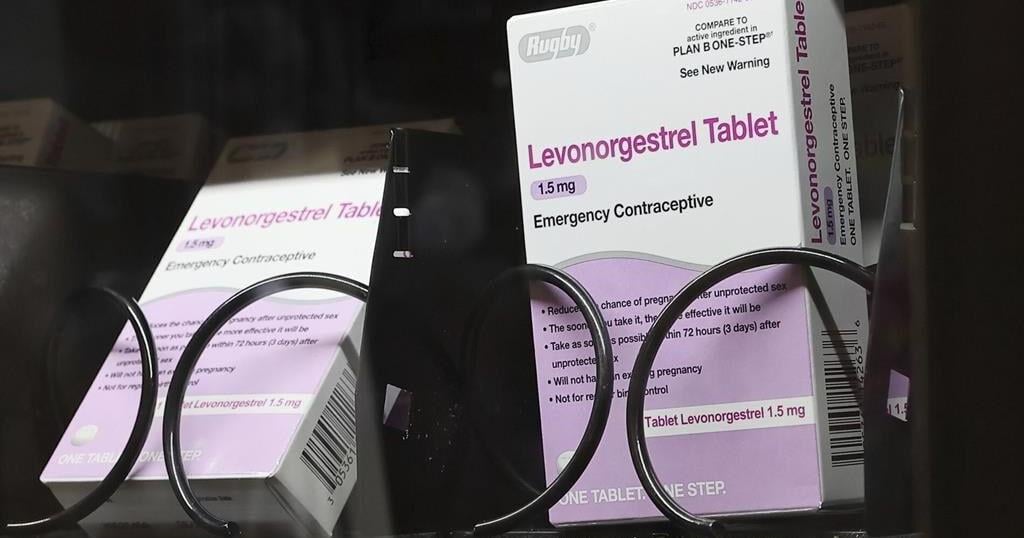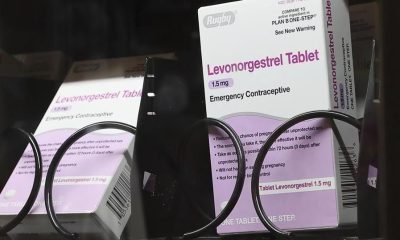Why it’s So Important to Speak Up About Health Concerns
- When breast cancer is diagnosed in women under 40, it’s often a more aggressive form of the disease.
- Mom-of-two, Ashley Nightingale, is one of many young women who had to continually advocate for herself while seeking an answer to a health issue.
- Nightingale, who was eventually diagnosed with stage 3 inflammatory breast cancer, went through months of misdiagnoses before finally getting an answer.
Just months after giving birth to her second child, Ashley Nightingale began to feel something was wrong in her right breast. The 36-year-old mom originally thought nothing of it. She told The CBC that she was breastfeeding anyway, and she figured the symptoms likely had something to do with that. It took multiple doctors, failed attempts to treat “inflammation,” and several biopsies before Nightingale got her diagnosis — stage 3 inflammatory breast cancer. Her story is just another reminder of why it’s so important to speak up and seek answers when something feels wrong in your body.
Nightingale, who lives in Nova Scotia with her husband and two children, told CBC that she originally thought the lump she found must be a blocked milk duct. But the pain was so persistent that she asked her daughter’s doctor about it during a routine visit. The doctor suggested it must be mastitis, an inflammation of the breast tissue most commonly diagnosed in women who are breastfeeding. The doctor prescribed Nightingale antibiotics and sent her on her way, but the symptoms persisted. She was later sent for a mammogram, but once again, she was misdiagnosed.
“You have to advocate for yourself,” she told the outlet. “If someone says there isn’t [anything wrong], and you believe there is, you really need to push and take charge of your own health as a patient.”
It took two trips to the emergency room before one doctor finally suggested it may be cancer. This was followed by multiple biopsies before Nightingale was finally diagnosed with inflammatory breast cancer, a rare but very aggressive form of the disease. The young mother is now undergoing chemotherapy, while the rest of her treatment plan is still being decided.
Aggressive Breast Cancer in Young Women
Unfortunately, the experience Nightingale had to go through to get her diagnosis is not uncommon for young women who have breast cancer. Since women under 40 are technically not in the age range where U.S. guidelines say they should be getting regular mammograms, getting a diagnosis can be really tough. Breast cancer diagnosed in women under 40 also often tends to be more aggressive disease.
Dr. Ann Partridge explains why breast cancer tends to be more aggressive in younger women.
“Young women are more likely to be diagnosed with breast cancer that is more aggressive,” Dr. Ann Partridge, an oncologist at Dana-Farber Cancer Institute, told SurvivorNet in a previous conversation. “Their disease is more likely to be the subtypes of breast cancer, because breast cancer isn’t one disease. The ones that are more aggressive and tend to be what we call a greater stage … they’re more likely to have bigger tumors and more likely to have lymph node involvement at diagnosis than older women — and part of that is because young women aren’t typically being screened.”
RELATED: How to Perform a Self Breast-Exam
Because it’s not recommended for women of average risk for breast cancer to be screened before age 40, doctors recommend women be familiar with their bodies and perform regular breast exams, so if something unusual does pop up, you will be able to identify it and seek help as soon as possible.
If You Feel Something, Say Something
Tiffany Dyba, a breast cancer survivor who was diagnosed in her mid-30s as well, told SurvivorNet in a previous conversation that advocating for yourself is her biggest piece of advice for anyone facing a new cancer diagnosis, or a health issue of any sort.
Breast cancer survivor Tiffany Dyba discusses why it’s so important to speak up about your health concerns.
“If it’s a case of breast cancer and you’re scheduling an appointment with your OB and you’re under 40, and they tell you to wait and see, don’t accept that because they’re not you,” Dyba said, also noting that you need a doctor who is going to be on your side and take your concerns seriously.
After all, you know your body better than anyone else.
Learn more about SurvivorNet’s rigorous medical review process.


























